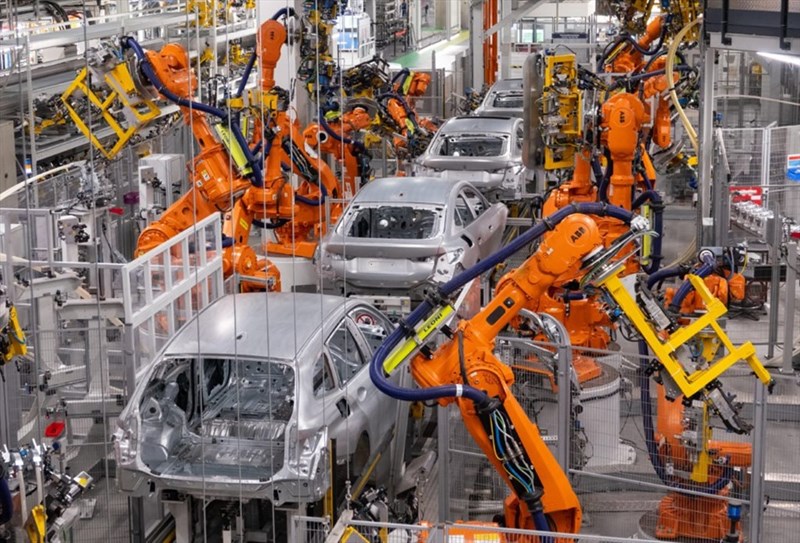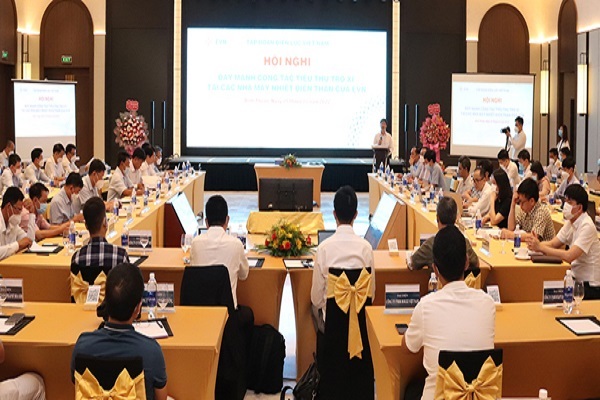Reduced environmental tax for gasoline from 1/4
The Standing Committee of the National Assembly has just approved, from April 1 to the end of this year, to reduce the environmental tax by VND 2,000 per liter of gasoline, at the request of the Government.
In the afternoon of March 23, the Standing Committee of the National Assembly continued its 9th session, giving opinions on the draft Resolution on the reduction of environmental protection taxes for gasoline and oil.
Authorized by the Government to read the report, Finance Minister Ho Duc Phuc said that the Government proposed reducing the environmental protection tax by 50%. Thus, the environmental protection tax rate for gasoline (except ethanol) is 2,000 VND per liter; diesel, fuel oil, grease is 1,000 VND per liter, kg. In particular, the tax reduction for kerosene is 70% compared to the current tax rate, down to 300 VND per liter.
The tax deduction period starts from April 1, 2022 until December 31, 2022. After that time, the environmental protection tax for gasoline and oil will return to the current level of 3,800 – 4,000 VND for gasoline, 2,000 VND per liter for oil.

People in Ho Chi Minh City fill gas at a gas station in District 1, February 2022. Photo: Quynh Tran
Verification, Mr. Nguyen Phu Cuong, Chairman of the Finance and Budget Committee said that the majority agreed with the tax reduction proposed by the Government, because “the tax reduction is support, showing the country sharing the Government with people and businesses in the context of economic recovery after the Covid-19 epidemic “.
However, according to him, many opinions are of the opinion that the basis for calculating the tax deduction for each item is not clear, in accordance with the operating scenario in accordance with fluctuations in world crude oil prices.
In fact, the price of crude oil on the world market recently fluctuated unexpectedly, when at one time it had reached 130 USD per barrel, then returned to the range of 100-110 USD per barrel. Therefore, he said, the government needs to explain more clearly the basis for reducing the environmental protection tax by 50% for gasoline and oil (except kerosene) and complete data on comparisons of gasoline prices from other countries in the region, in order to avoid smuggling and transferring crude oil to other countries. outside.
Meanwhile, some other opinions suggest not reducing this tax by 50% for all products, except kerosene. Instead, the environmental protection tax on gasoline should be reduced to 2,500 VND per liter, or 38% lower than today. For petroleum products, the environmental protection tax is reduced by 50%, while for kerosene products it is reduced by 70%.
It is even suggested that there is a plan to reduce environmental protection tax according to fluctuations in crude oil prices, to ensure a balance of budget and environmental protection objectives. For example, if the price of crude oil is below $80 per barrel, the current tax rate will remain the same. In the 80-130 USD per barrel oil price scenario, the environmental protection tax would be reduced by 1,000 VND per liter with gasoline (about 25% of the current rate). Oil prices are more than 130 USD per barrel minus 1,500 – 2,000 VND per liter of gasoline (equivalent to 38-50% of the current tax rate).
Mr Cuong also said that there were suggestions to consider promulgating a resolution to reduce environmental protection taxes on gasoline and oil. The reason is that the Government’s proposal to reduce the tax is mainly due to the recent high price of crude oil on the world market, currently around 100-110 USD per barrel, so this tax reduction is not really necessary.
In addition, the reduction of environmental protection tax is not in accordance with the nature and tax calculation principle of environmental protection tax, and does not guarantee justice for the subject who is taxed. This tax reduction is also not in line with international practice, so it is easy to assume that Vietnam is not aiming to reduce its negative impact on the environment.
Instead of reducing the environmental protection tax, if necessary, the Government should propose to adjust the excise policy to stabilize the price of petroleum products.
In addition to the reduction of the environmental protection tax, the Government inspection agency makes proposals on the management of petroleum products. The government should consider reducing the country’s most preferred fuel oil import tax (MFN), and consider this an additional measure to intervene if crude oil prices on world markets continue to fluctuate. This tax deduction will be calculated based on an assessment of the import situation from ASEAN countries, Korea, Singapore… and fluctuations in world prices.
The Finance and Budget Committee also advised the Government to strengthen management, inspection and take steps to reduce supply pressures in the market. This is to ensure that domestic oil wholesalers use the correct amount of commercial oil reserves in accordance with regulations.
Reducing the operating cycle of prices is also a proposal put forward by the Finance and Budget Committee to bring domestic prices closer to world price movements.
In the long term, apart from preparing a cash fuel price stabilization fund, the Government needs to examine the possibility of adding tools to the Fund in kind (petroleum) to diversify the tools that can be used to participate. the aim of stabilizing the domestic oil market.
Gasoline prices have recently fluctuated strongly with 6 consecutive price increases and 1 price decline since the start of the year. In early March, domestic retail gasoline prices rose to highest in history, almost 30,000 VND per liter. However, on March 21 it experienced a slight decrease, currently VND 29,190 per liter of gasoline RON95, VND 28,330 per liter of E5 RON92…
at Blogtuan.info – Source: vnexpress.net – Read the original article here



